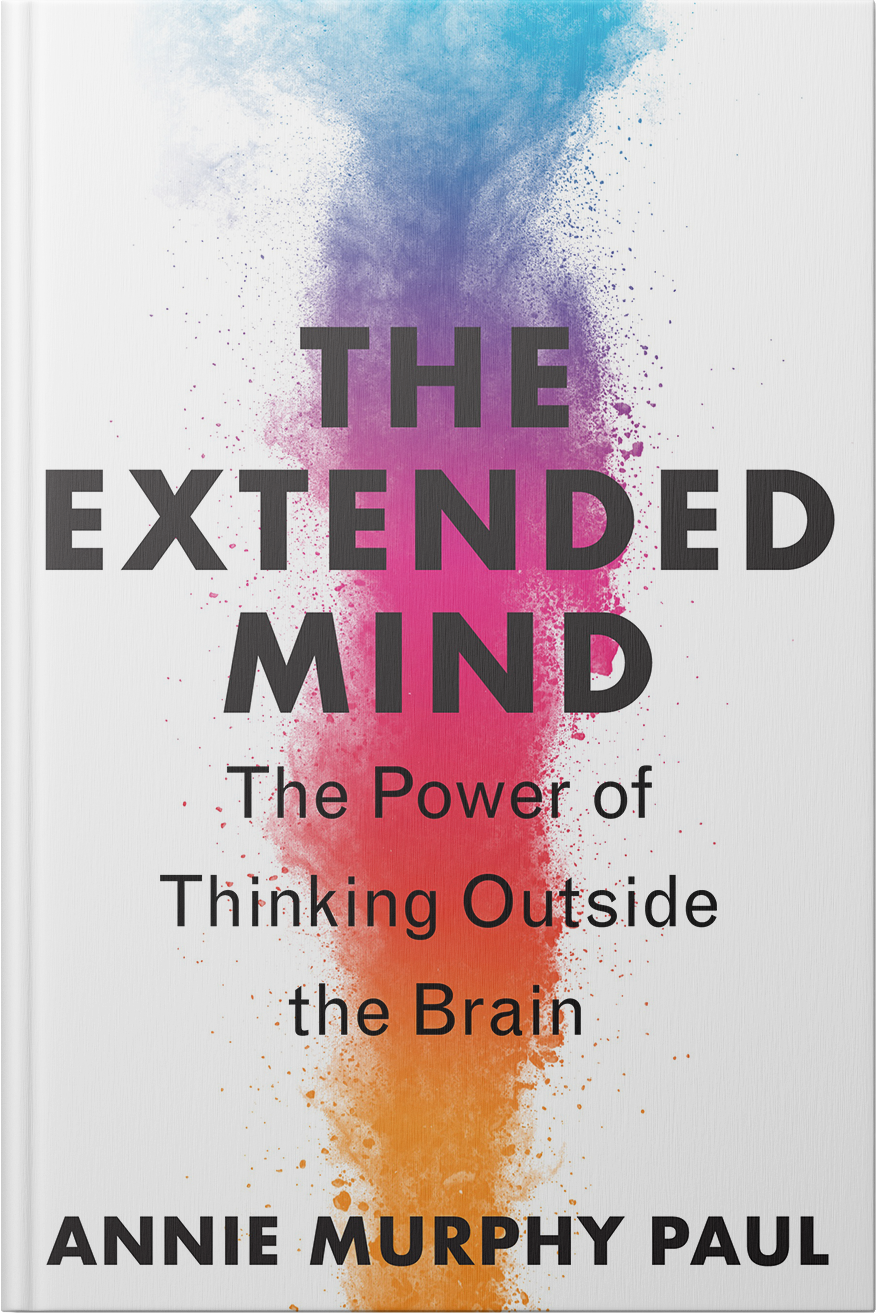In my work I try to challenge conventional notions of what intelligence is—not a lump of stuff inside one’s skull, but rather an ongoing process of assembling resources located inside and outside the head. I welcome other challenges to our narrow ideas about intelligence.
Some of the most interesting come from the study of animal cognition. In a recent article in the Journal of Intelligence, researchers note that many animal species—like chimpanzees, dogs, and crows—have cognitive abilities that far surpass humans’.
A press release accompanying the study notes that “various species demonstrate better-than-human abilities in delayed gratification, navigation, communication, pattern recognition and statistical reasoning.”
What’s more, intelligence researchers have traditionally looked at animal cognition through a highly anthropocentric lens; they “tend to overrate cognitive skills that are human-like,” while “overlooking cognitive skills that play only a minor role” in humans.
The authors of the paper, from the Max Planck Institute in Germany, advance the fascinating notion that there is not “one cognition”—one single way of being smart—but rather many. We’re wrong to assume that human intelligence is the single and superlative model.
This paper made me think of the wonderful work on octopuses by philosopher Peter Godfrey-Smith. In his book Other Minds, he notes that, because of its unusual anatomy, “the octopus lives outside the usual body/brain divide.”
In an octopus, Godfrey-Smith writes, “the nervous system as a whole is a more relevant object than the brain; it’s not clear where the brain itself begins and ends, and the nervous system runs all through the body.”
“The octopus is suffused with nervousness; the body is not a separate thing that is controlled by the brain or nervous system.” The octopus has a kind of intelligence that is qualitatively different from (but not inferior to) human intelligence. I find this idea refreshing!
Here’s the paper:
“Old and New Approaches to Animal Cognition: There Is Not ‘One Cognition’”
Juliane Bräuer, Daniel Hanus, Simone Pika, Russell Gray, and Natalie Uomini, in Journal of Intelligence
https://www.ncbi.nlm.nih.gov/pmc/articles/PMC7555673/
Here’s the press release:
“More than one cognition: A call for change in the field of comparative psychology”
Eurekalert
https://www.eurekalert.org/pub_releases/2020-07/mpif-mto071420.php
Here’s Godfrey-Smith’s book:
Other Minds: The Octopus, the Sea, and the Deep Origins of Consciousness
Peter Godfrey-Smith
https://www.google.com/books/edition/Other_Minds/SZ8sDAAAQBAJ?hl=en
